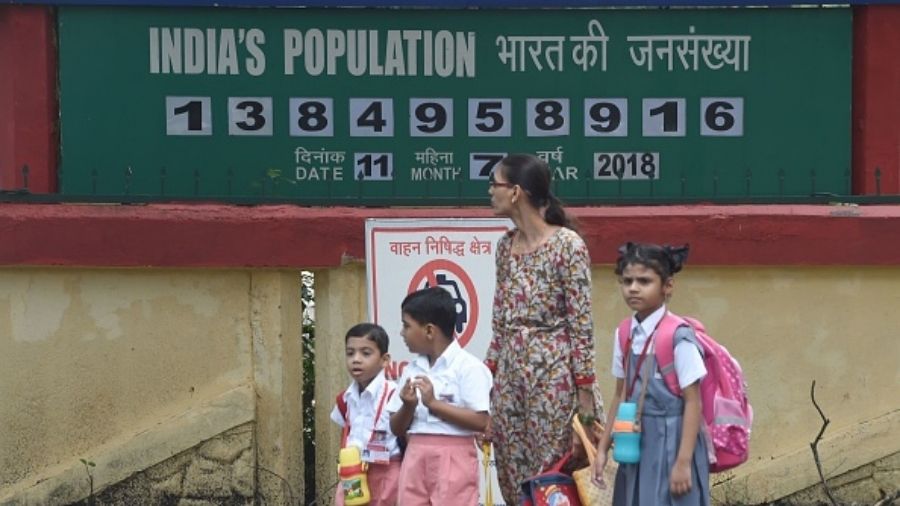
Caste count: Even after 74 years of Independence, progress is still predicated upon ascriptive identities in the republic
Don't Miss
Even after 74 years of Independence, progress is still predicated upon ascriptive identities in the republic
 |
| Representational image.: File photo |
The BJP’s challenge is unique in this respect. It must be conceded that among all political outfits, it is the BJP that has been the most successful in stitching together a formidable electoral constituency blending the interests of not just the upper castes — its traditional vote bank — but also segments among the other backward classes that had not been mobilized by its rivals. The party itself is divided on the issue. Its representatives from disadvantageous groups may be in favour of such a census but the upper caste lobby — always the dominant force ideologically — is unlikely to be supportive. There is legitimate fear that a caste census could also prove that the BJP’s claim of empowering, or even being representative of, OBCs is rather hollow. Mandal-I may have been neutralized by the rhetoric of the Mandir, but the BJP is circumspect about repeating that success given the changing ground realities and aspirations of India’s marginalized social groups. The real tragedy, of course, lies elsewhere. Even after 74 years of Independence, progress is still predicated upon ascriptive identities in the republic. This is anathema to the principle of collective welfarism. But none of India’s political parties seems to be ready to acknowledge this failure.


0 Response to "Caste count: Even after 74 years of Independence, progress is still predicated upon ascriptive identities in the republic"
Post a Comment
Disclaimer Note:
The views expressed in the articles published here are solely those of the author and do not necessarily reflect the official policy, position, or perspective of Kalimpong News or KalimNews. Kalimpong News and KalimNews disclaim all liability for the published or posted articles, news, and information and assume no responsibility for the accuracy or validity of the content.
Kalimpong News is a non-profit online news platform managed by KalimNews and operated under the Kalimpong Press Club.
Comment Policy:
We encourage respectful and constructive discussions. Please ensure decency while commenting and register with your email ID to participate.
Note: only a member of this blog may post a comment.